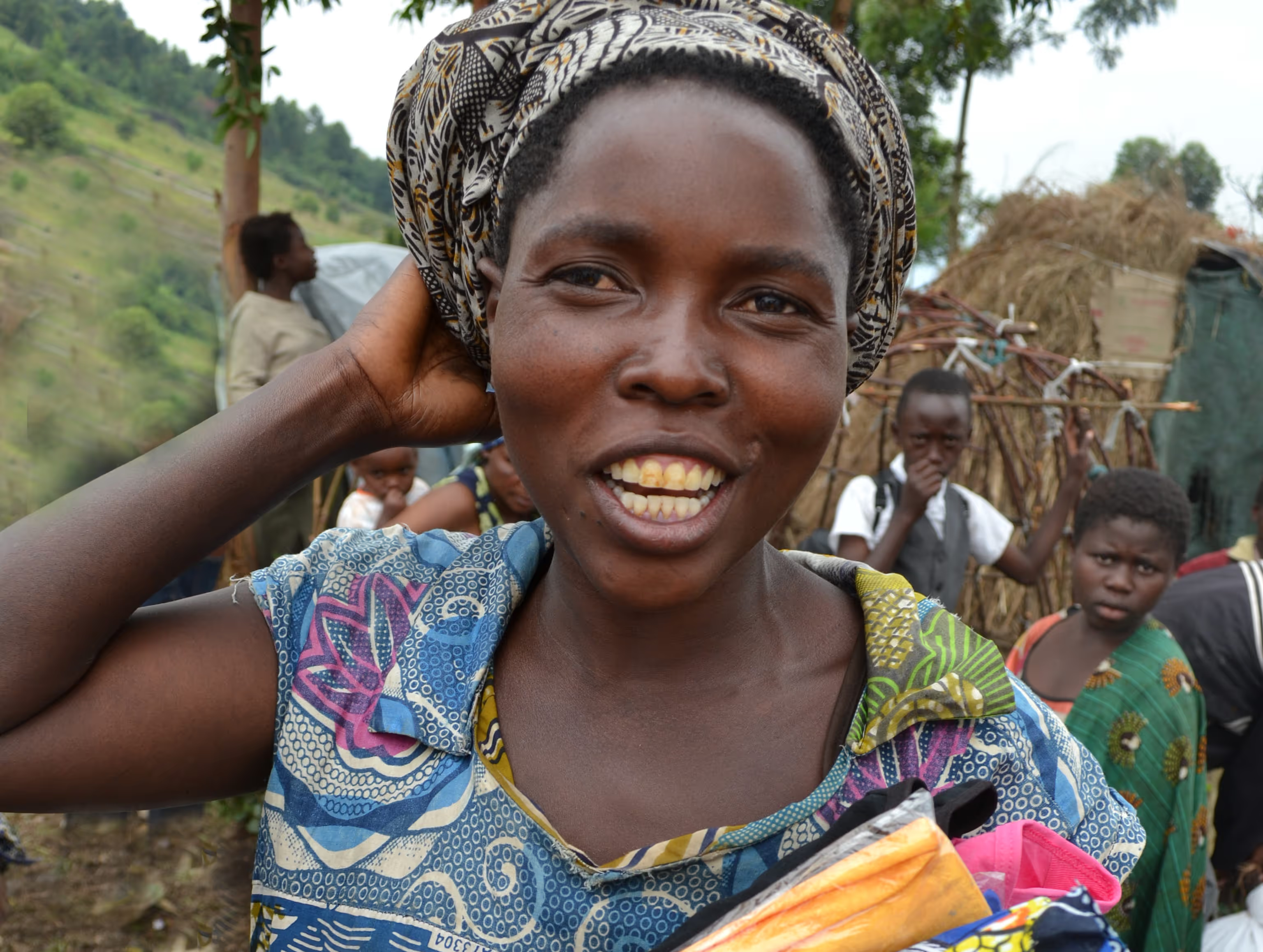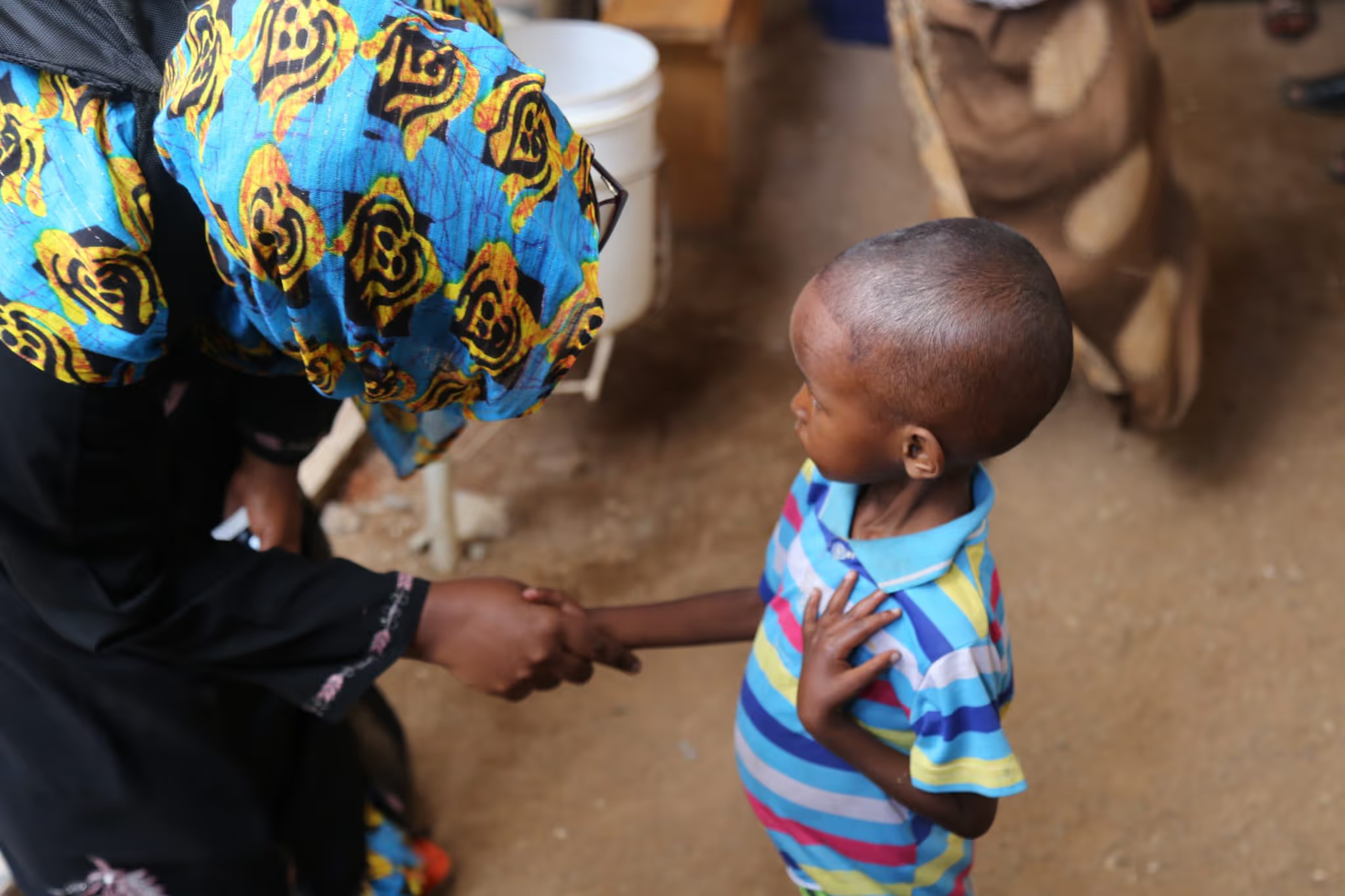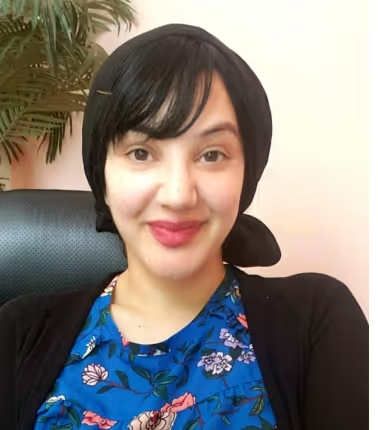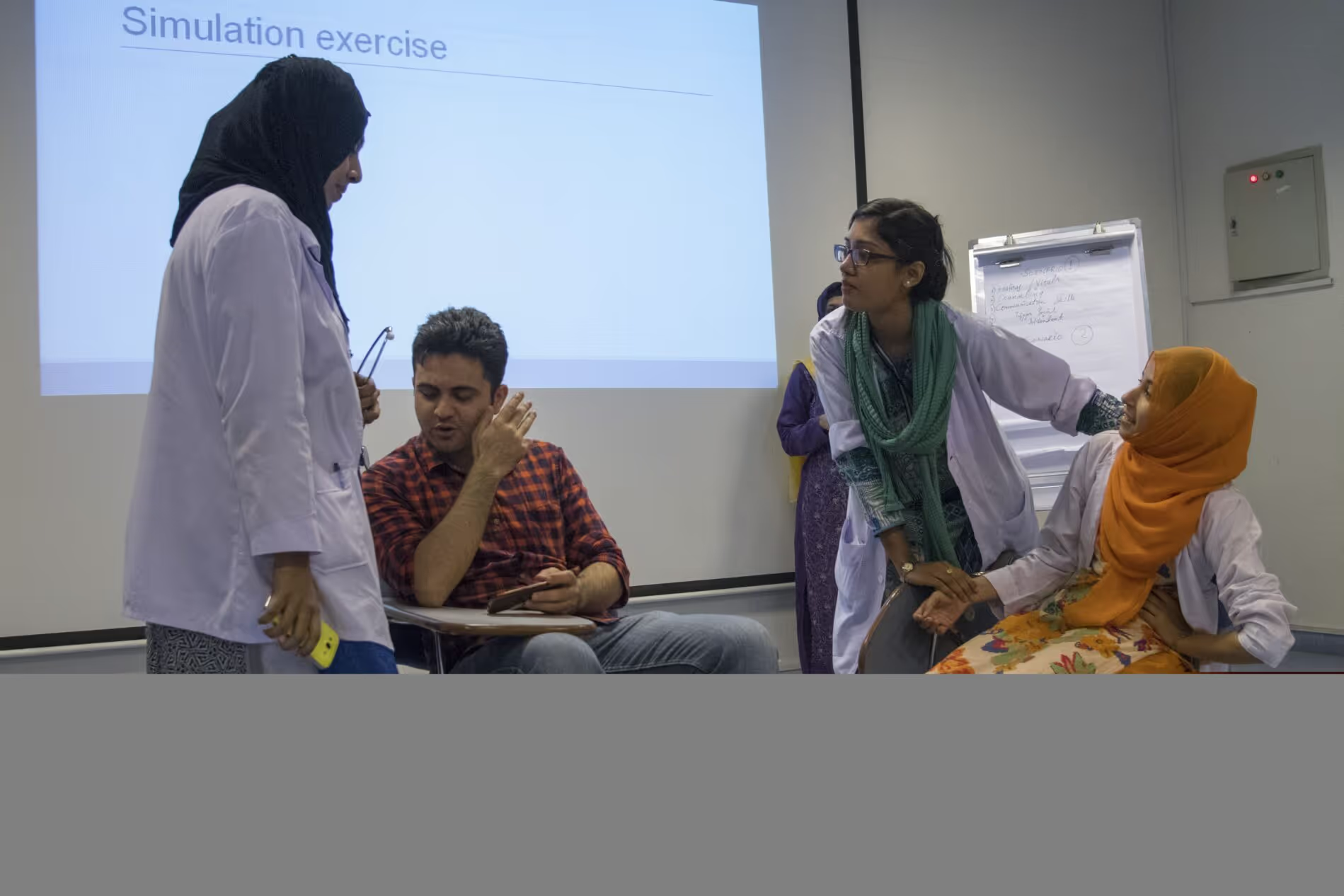Self-managed abortion: Barriers and opportunities in humanitarian settings

Project overview
To explore and document women’s experiences with abortion in humanitarian settings, in order to inform the development of interventions, guide policy and programmatic changes, and highlight critical gaps in access.
Project solution
This project offers [specific solution or intervention] to tackle [challenge]. By implementing [strategies, tools, or innovations], the project aims to achieve [desired outcomes]. The approach is designed to [specific actions or methods] to bring about meaningful change in [community, region, or issue area].
Expected outcomes
This project aims to achieve [specific outcomes], such as [measurable results, improvements, or changes]. The expected impact includes [benefits to the target community, advancements in research or innovation, or long-term effects]. By the end of the project, we anticipate [specific changes or milestones] that will contribute to [broader goals or objectives].
Principal Investigators: Ruvani Jayaweera, Ibis Reproductive Health and Tamara Fetters, Ipas
Research Snapshot: Improving access to safe abortion care in humanitarian settings
This mixed methods community-engaged study in two refugee camps in Kenya and Uganda found refugees and displaced people may use unsafe methods to end their pregnancies, while access to WHO-recommended methods of safe abortion is very limited.
[.cta_link]Read the Snapshot[.cta_link]
Purpose
This study aims to document the abortion experiences of displaced women and girls with a focus on self-managed abortion and information access. The research will examine differences in abortion experience based on displacement, humanitarian setting, and legal context. It will also estimate the abortion incidence, rate, and ratio using respondent-driven sampling (RDS) and an innovative adaptation of the abortion incidence complications methodology. Findings will lead to the development of community-informed strategies to improve access to information and use of abortion medication in humanitarian settings.
Expected Outcomes
Results from the proposed research will shed light on abortion practices in humanitarian settings, including estimates of abortion incidence. Findings are expected to provide critical evidence to inform the type and magnitude of resources that are needed, identify necessary service delivery improvements, and inform recommendations on how best to support women who self–manage abortions in humanitarian settings. This data will serve as advocacy tools to encourage governments, UN agencies, and donors to prioritize safe abortion care in humanitarian programs and policies and humanitarian populations in reproductive health programs and policies. Ultimately, findings from our research can aid in the development of effective interventions to improve access to self-managed abortion in humanitarian settings.
Project delivery & updates
Stay up to date with the latest developments from this project. Here, you will find details on what has been delivered, resources created, and regular updates as the project progresses. Access key documents, reports, and other materials to see how the project is making an impact.








